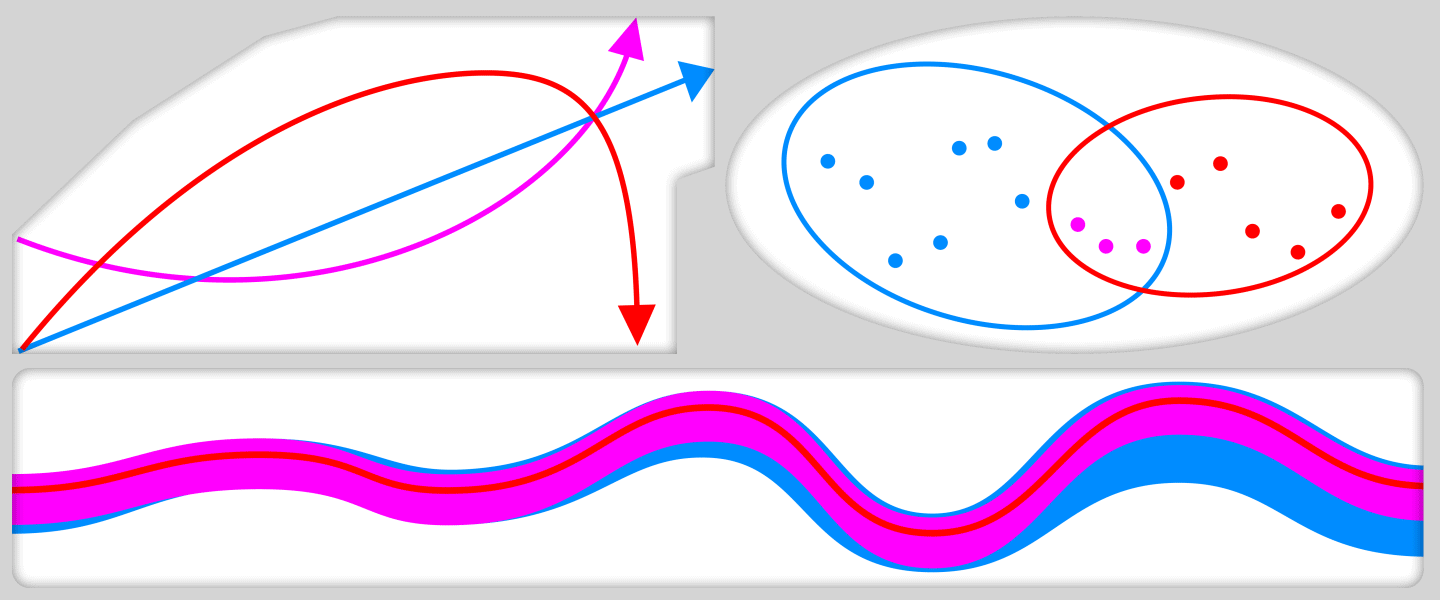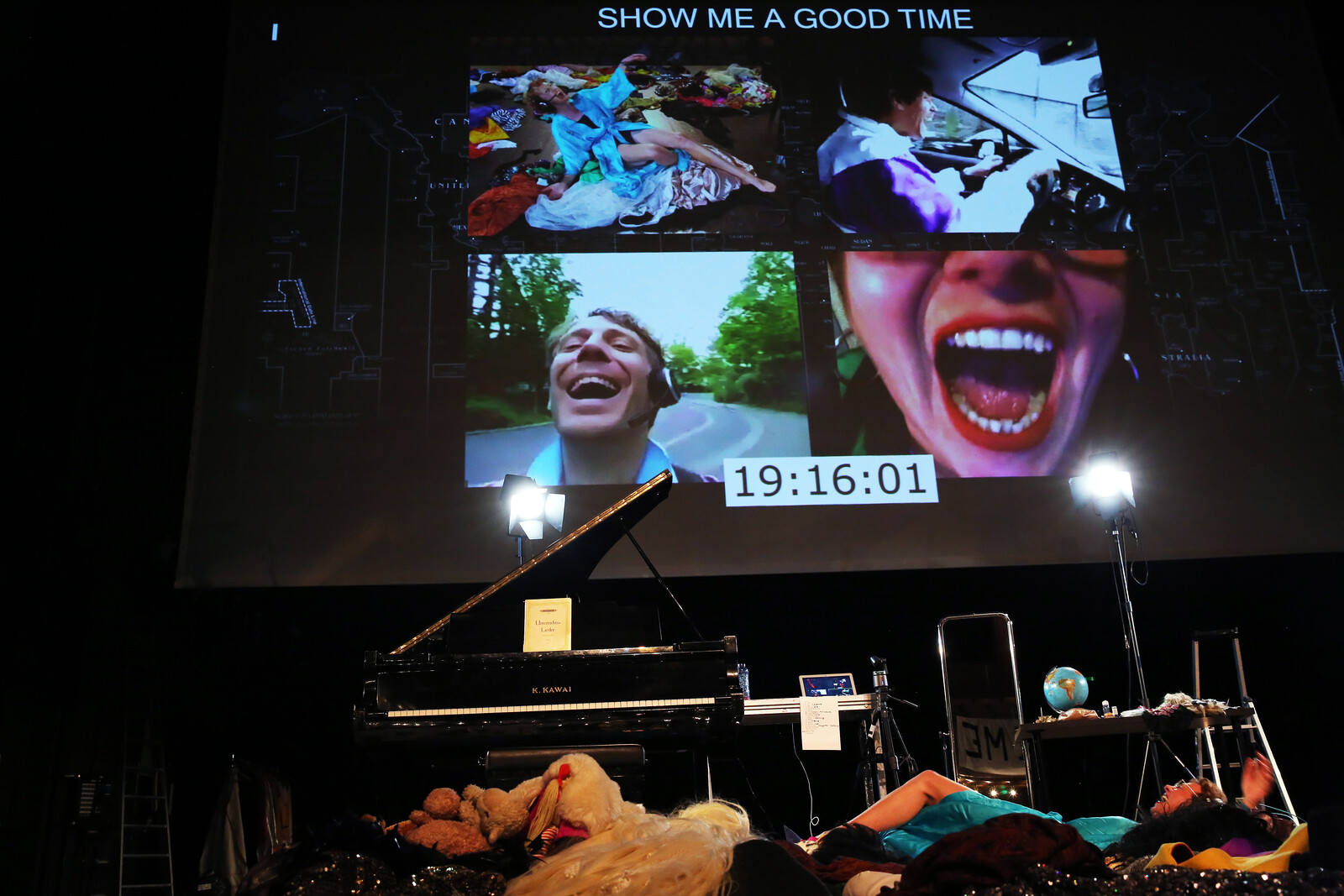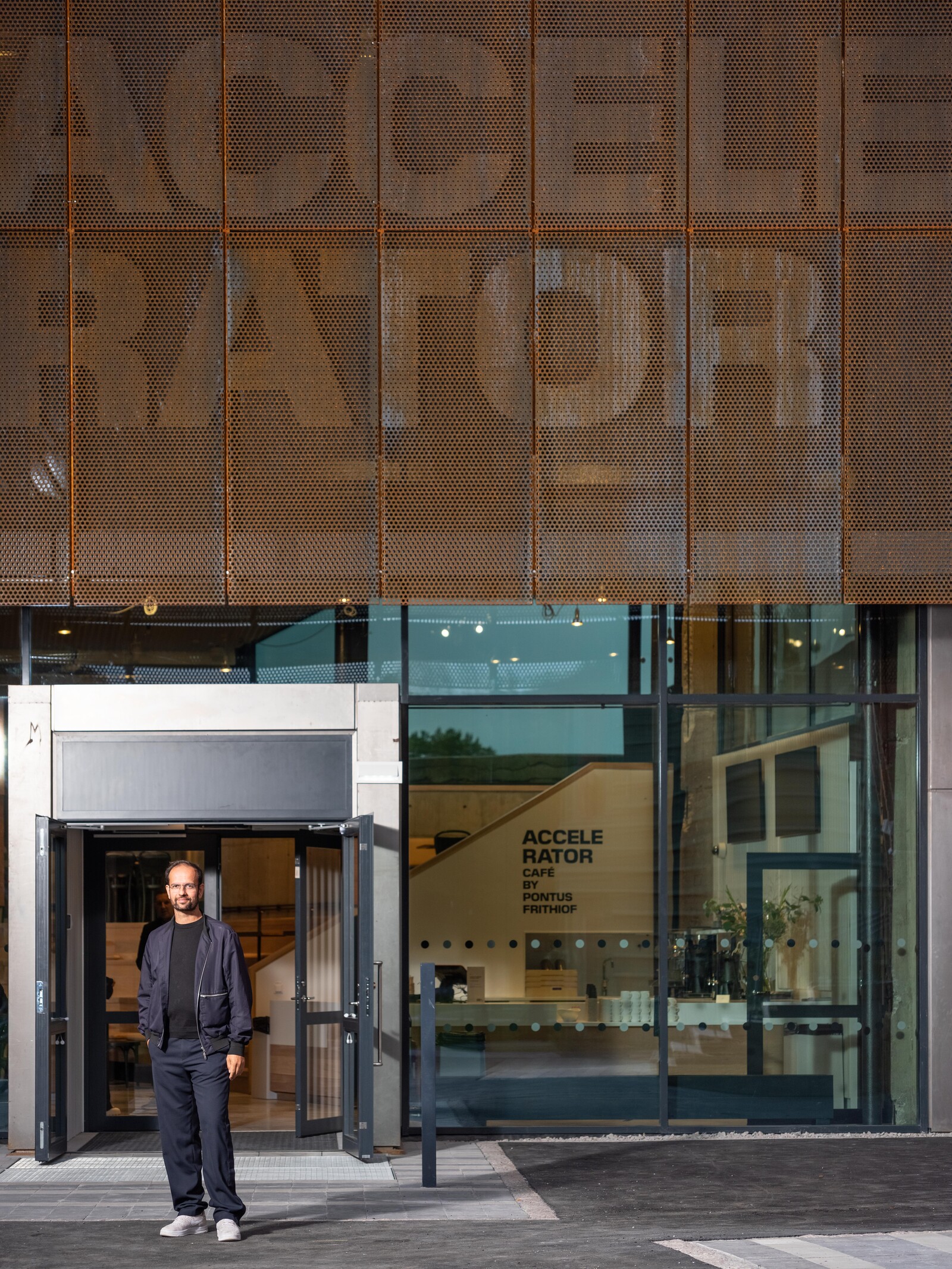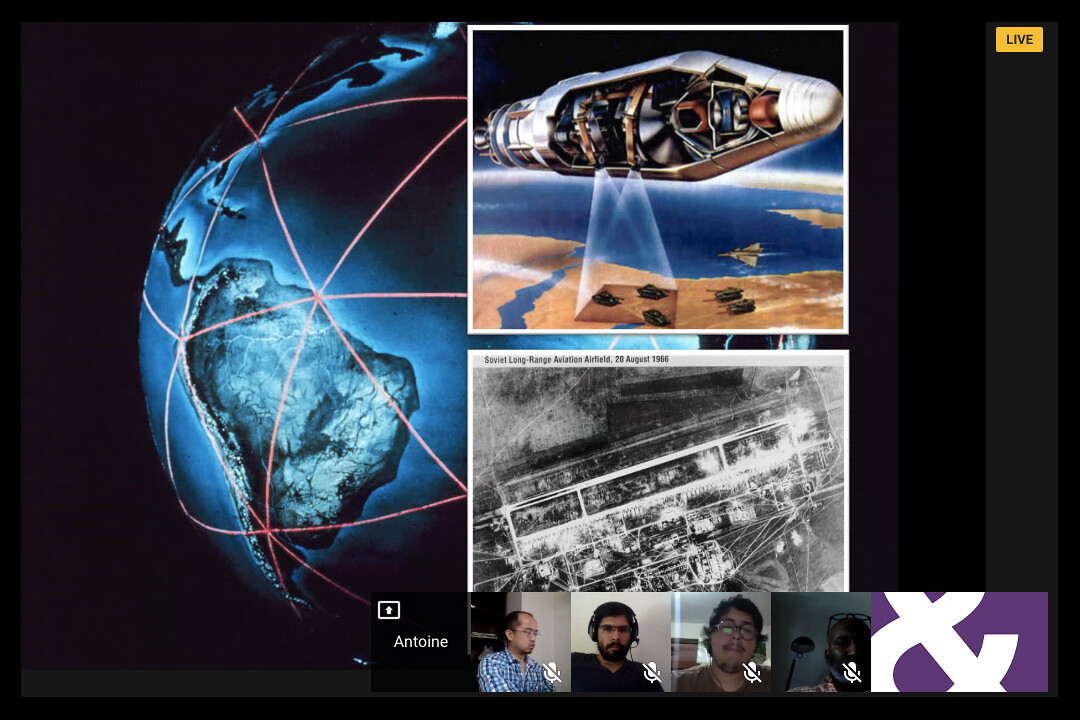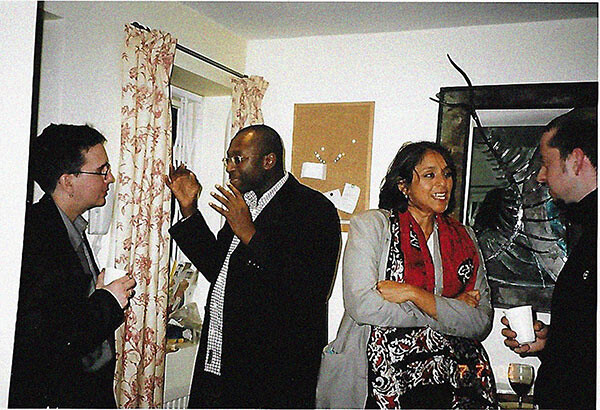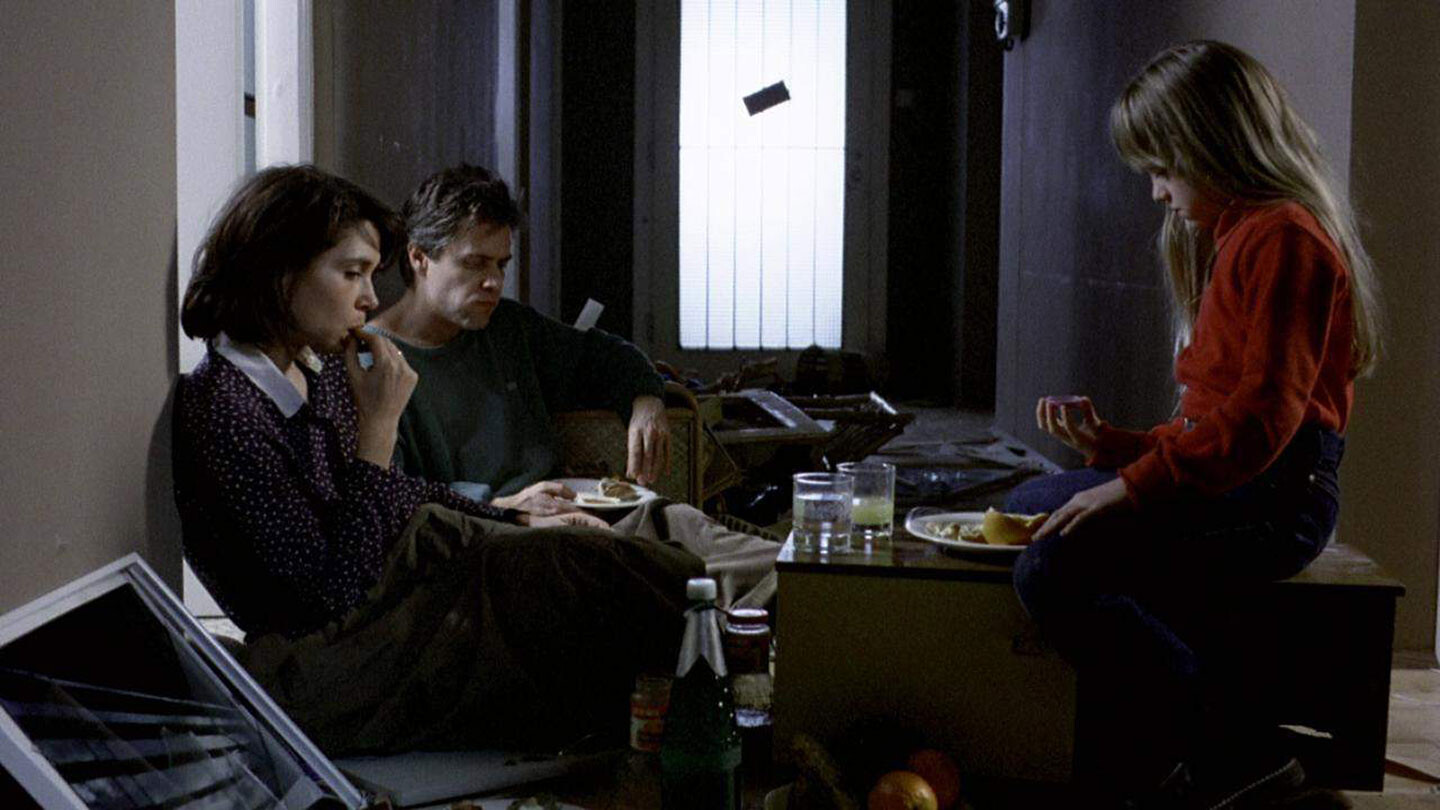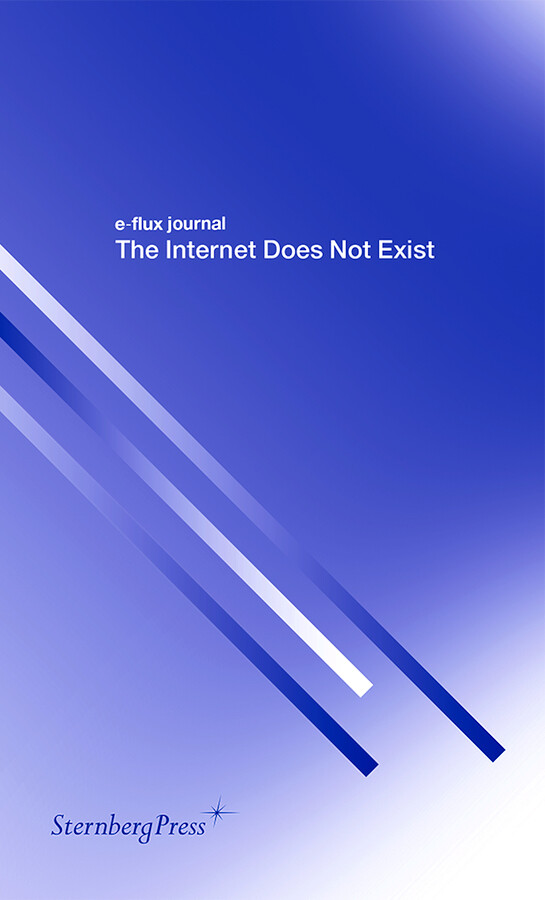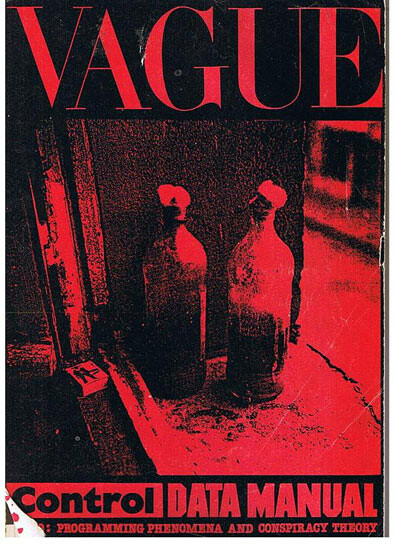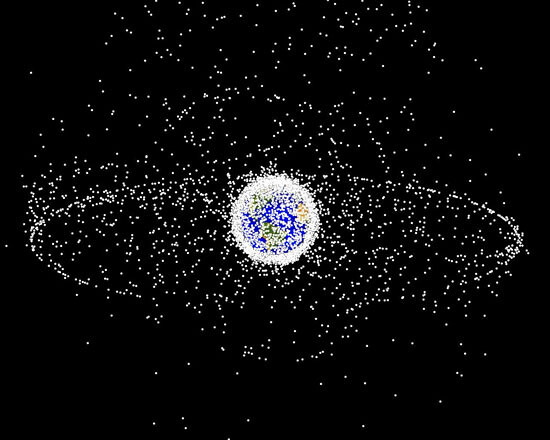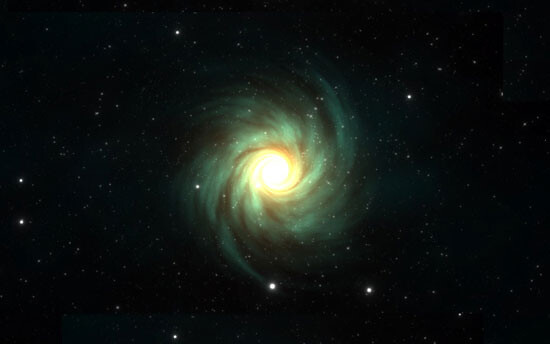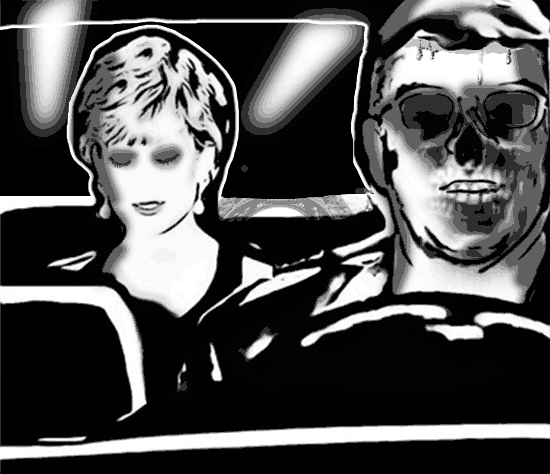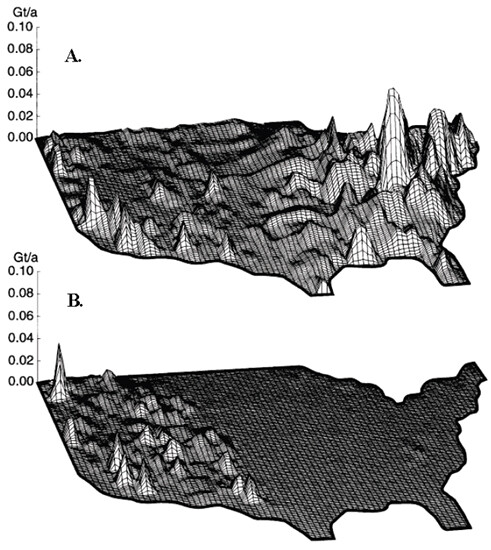Blaccelerationism posits that there is no need for reclamation. A specific tradition of black radical thought has long claimed the inhumanity—or we could say anti-humanism—of blackness as a fundamental and decisive feature, and philosophically part of blackness’ gift to the world. Blaccelerationism also draws little distinction between a black acceleration and an afrofuturism. Instead it sees them as siblings and coconspirators. Masterworks of black art and culture that have been labeled examples of afrofuturism often participate equally in a blacceleration toward the end of the world. To give just one example: Busta Rhymes’s suite of apocalyptic albums (The Coming, When Disaster Strikes, E.L.E (Extinction Level Event): The Final World Front, and Anarchy) are often called afrofuturist for their exploration of a near-future techno-apocalypse and their warped, cyborgian accompanying visuals. However, by putting the black man at the center of the apocalypse—as both the agent of the world’s demise and its inheritor—these works resonate more specifically with the child of these strange bedfellows, black radical thought and accelerationism, that I call blaccelerationism.
Infused with an adverbial ideal of acting, feeling, and thinking modeled on the experience of an electric shock, the modern individual who struggles to escape gentrification is indeed no longer moved by what remains the same. They have lost their interest in fixed identities; what does not vary receives scant notice: an indefinitely repeated act, typical of the standardized world of work, seems intolerable to them. The very idea of eternity makes them yawn; marble leaves them cold. Everything that denies life and the musical variations that compose it breeds impatience: perfection and the absolute appear to them like an ontological flaw, an inability to become something else, the result of a serious intensity deficiency. The supreme objects of religious contemplation and wisdom strike them as extraordinarily flimsy. They love music for the changes, with repetition a taste of hell to come. Like Kierkegaard’s hero, they demand the possible or else they suffocate, and not only then; as soon as they are forced to recognize what they know, they gasp for air. What stays the same makes no difference to them. They need either less or more. They would rather change their mind even if the outcome is uncertain than stick to established certainties. Endlessly curious, they are ready to taste pain just as much as pleasure, as long as there is some change and movement, and the sound of being alive—melodious or dissonant—can be heard.
Locating the backbone of the global telecommunications network we used to think was an internet.
Escape Velocities: Symposium at e-flux


